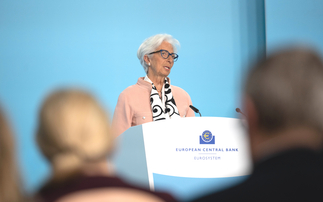Flexibility in the Bank of England's 2% inflation target may be the way forward to manage the effects of “exogenous shocks” and create a balance of price stability and economic growth, experts have said.
The BoE's Consumer Price Index inflation rate target has been 2% since 2004. Back in 1998, the Bank of England Act gave the central bank the independence to make decisions on interest rates, in order to meet the inflation target set by the government. Inflation targeting anchors expectations, provides decision making confidence and works to achieve price stability, argued Rob Morgan, chief investment analyst at Charles Stanley. Sebastian Vismara, senior economist at BNY Mellon Investment Management, said before the BoE gained instrument independence, inflation was over 6% and "highly ...
To continue reading this article...
Join Investment Week for free
- Unlimited access to real-time news, analysis and opinion from the investment industry, including the Sustainable Hub covering fund news from the ESG space
- Get ahead of regulatory and technological changes affecting fund management
- Important and breaking news stories selected by the editors delivered straight to your inbox each day
- Weekly members-only newsletter with exclusive opinion pieces from leading industry experts
- Be the first to hear about our extensive events schedule and awards programmes








